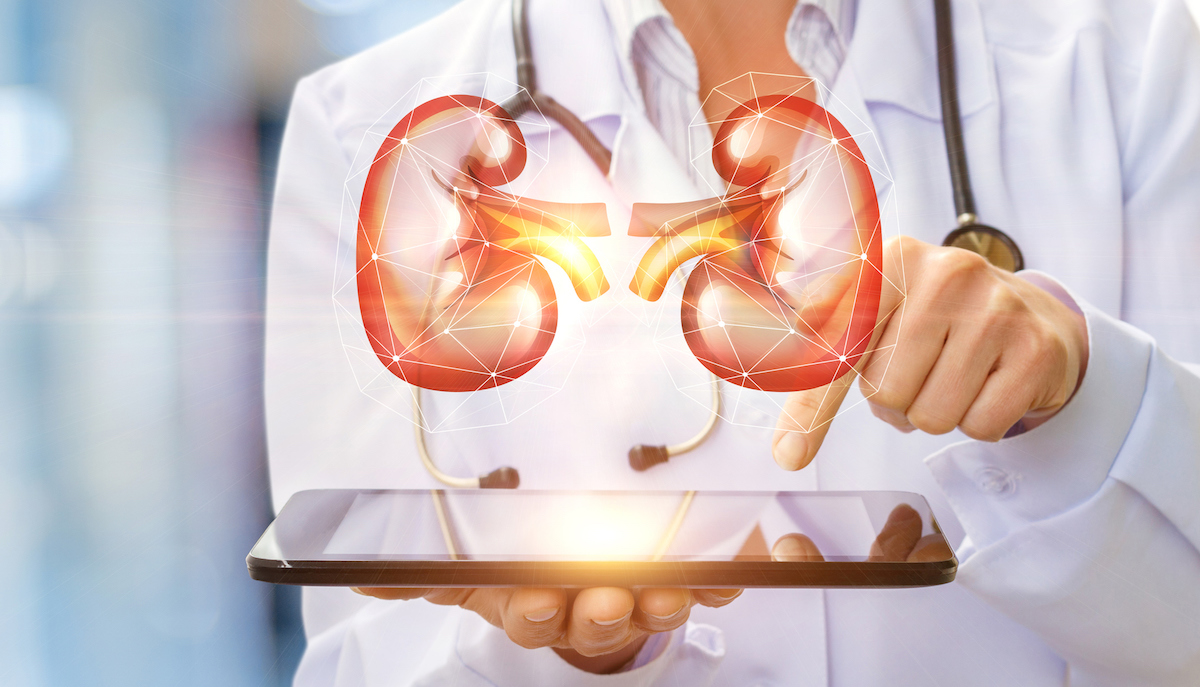<< Back
10 Warning Signs of Kidney Disease

March 21, 2022
From controlling the production of red blood cells to activating Vitamin D for healthy bones, our kidneys are one of our body’s most vital organs. But, according to the National Kidney Foundation, 37 million American adults suffer from kidney disease, with millions more at risk. If left untreated, it can cause further complications, including high blood pressure, cardiovascular disease, stroke, weak bones, anemia and even heart attack.
What is Kidney Disease?
Kidney disease damages your kidneys, reducing their capacity to accomplish their primary function — removing waste products and excess fluid from your body through the urine. This waste removal is necessary to regulate a safe balance of chemicals within the body, including salt, acid, potassium and other minerals. Kidney disease will also obstruct their ability to produce hormones that affect the proper functioning of several other organs in the body.
“The kidneys influence every single organ and system in the human body,” says Dr. Mahesh Kabadi, an internist at Hartford HealthCare Medical Group, specializing in kidney disease. “It modulates a variety of complex physiologic processes, including proper endocrine function, adequate blood pressure and production of red blood cells.”
There are a number of factors that can put you at risk of kidney disease, including your age and family medical history. Diabetes is the leading cause, as high blood sugar levels are caused by lack of insulin in the body. High blood pressure is another large contributors to kidney disease across the country. Some populations groups have been found to be at higher risk, including African Americans, Hispanic Americans, Native American, Asian and Pacific Islanders.
How Can You Keep Your Kidneys Healthy?
“The best treatment for kidney disease is prevention,” says Dr. Kabadi. “This should include proper hydration, good control of diabetes and hypertension, and avoidance of medications that are toxic to the kidneys, such as antibiotics and heavy metals.”
Maintaining a healthy diet and a regular exercise routine will also help keep your kidneys healthy and lower your risk of disease. If you drink alcohol, take steps to limit your consumption. And if you smoke, find the support you need to quit.
What Are the Warning Signs of Kidney Disease?
Be aware of the warning signs of kidney disease, which include:
- Difficult and/or painful urination.
- Blood in your urine.
- More frequent urination, especially at night.
- Muscle cramps at night.
- Difficulty sleeping.
- Having less energy or feeling tired.
- Trouble concentrating.
- Poor appetite.
- Swollen feet and ankles.
- Puffiness around the eyes.
If you’re experiencing any of these symptoms, schedule an appointment with your primary care provider to have a screening.
Healthy individuals over age 50 should be screened for kidney disease once each year. In contrast, those with a history of diabetes or hypertension should be screened every 4 to 6 months (respectively).
If you don’t already see a physician regularly, schedule an appointment to have both levels checked. To find a primary care provider in your area, click here.